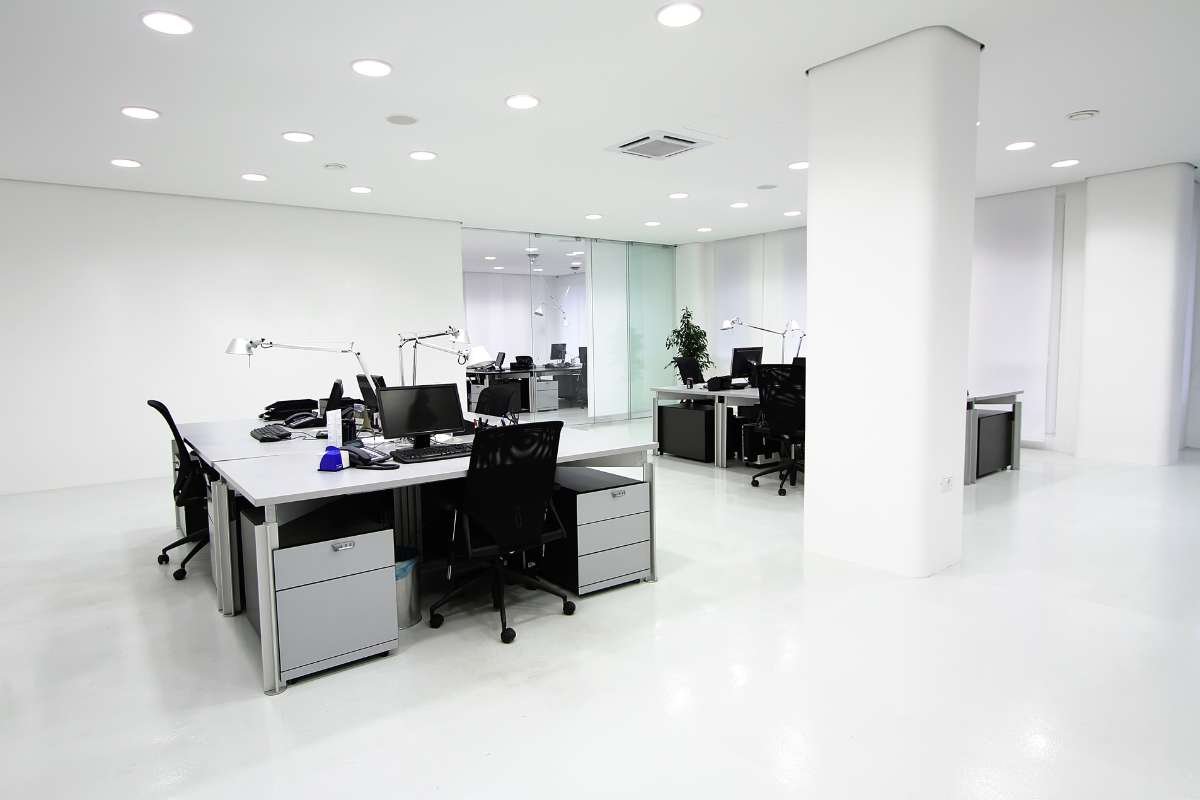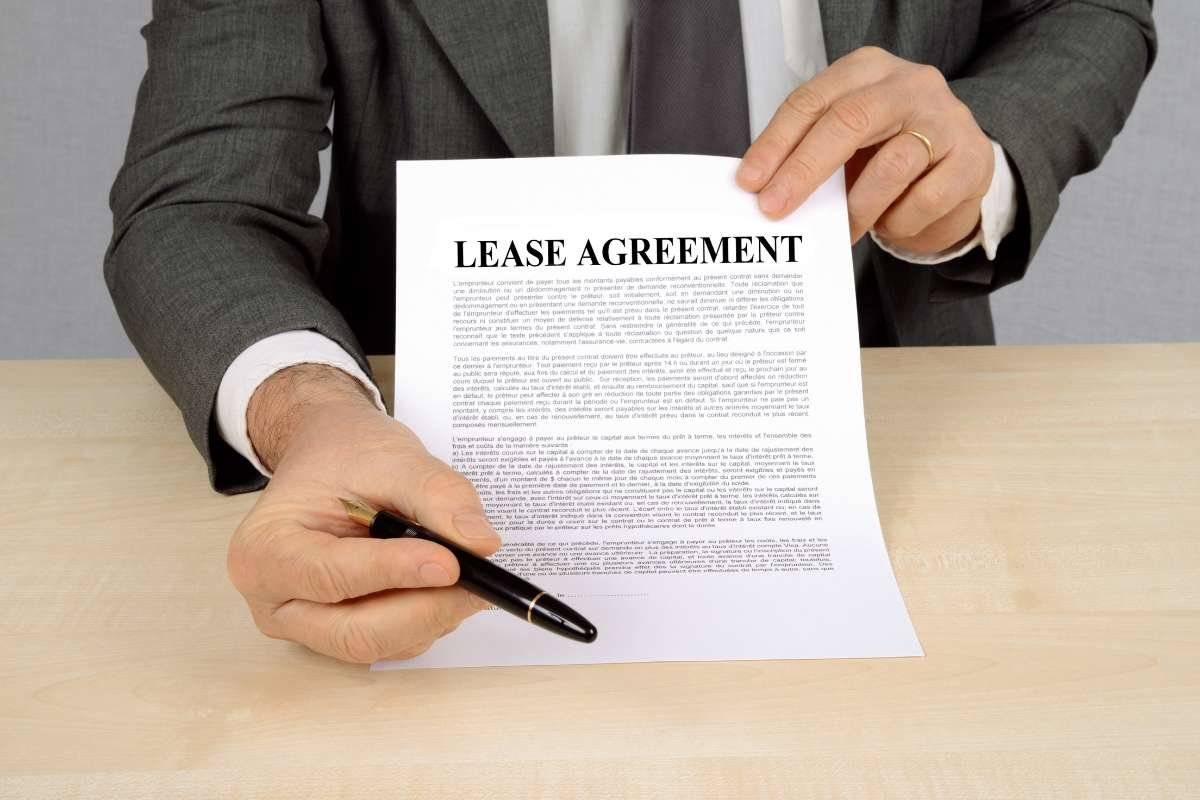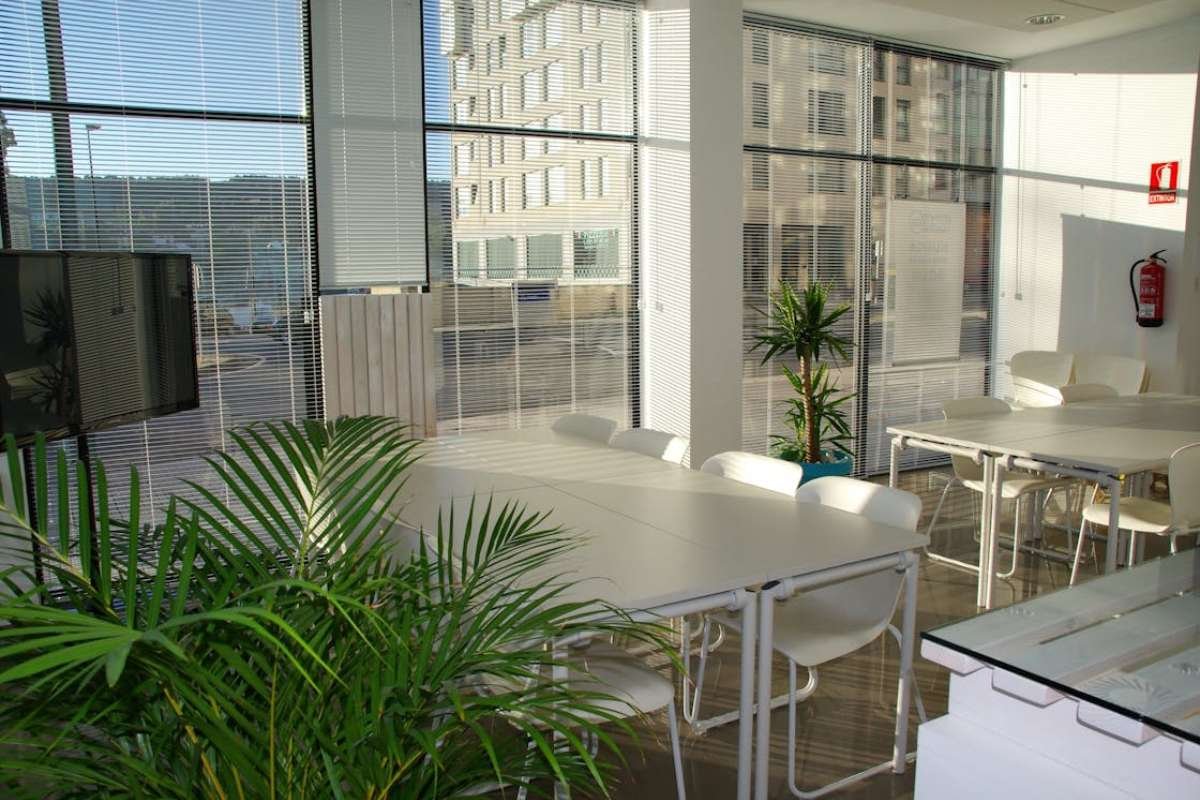Relocating your business can be wonderful – it can feel like a real fresh start and sometimes that’s necessary for all kinds of reasons. But while there are loads of benefits when it comes to moving, there are also a lot hidden costs of business relocation, and they can easily sneak up on you and cause some big problems.
These unexpected expenses can throw a wrench into your carefully planned budget, making what seemed like a straightforward move feel more like a logistical headache, but there is some good news to watch out for and some useful tips to follow – the fact is that most of these costs are avoidable with some good forward thinking. With that in mind, let’s take a look at the hidden costs of business relocation and how to avoid them wherever possible – read on to find out more.
Here are Tips to Avoid the Hidden Costs of Business Relocation:
1. Downtime And Productivity Loss

One of the biggest, but also, strangely, one of the most overlooked costs of business relocation has to be the hit your productivity takes when you do it. Packing, moving, setting up a new office, letting everyone know… that all takes time, but it also really disrupts workflow and can actually delay projects if you’re not careful.
You can avoid this problem by planning your move to take place over a slow period (if that’s something you’ve got control over). In that way, there will be fewer projects to disrupt and less work to be a problem, and you can also get all hands on deck with the move itself, so it’s doubly useful. It’s also wise to set clear timelines for packing and unpacking, and you’ll need to keep communication open so everyone knows what to expect.
2. Hidden Costs Of Business Relocation
Moving expenses might seem straightforward at first, but they might not be quite as clearcut as they seem, so you’ll need to look at things beyond the obvious costs of hiring a truck or getting professional help, for example. The other expenses you might need to think about include parking permits, surcharges, packing materials, and storage, among other things.
This is where working with reliable moving container companies can make a difference and really save you a decent amount of time and money. If you work with professionals, you’ll get some fantastic options for transporting things like office furniture and equipment, but you’ll also be able to use the same containers as storage if need be, which is another way to cut down on extra costs that can sometimes arise when your timings are off.
3. Equipment And Technology Setup

Relocating technology is just as complex (for most people, at least) as it feels it’s going to be, and it’s a rare piece of tech that can just be unplugged in one place and plugged in in another without you needing to do anything else to get it back up and running like it was before. Servers, computers, and various other pieces of office equipment might even need experts to come in and set it all up again for you, plus there’s the risk that these things could be damaged in the move (although much less of a risk if you’ve got movers helping you), which is another cost you wouldn’t necessarily have budgeted for.
To avoid the problem, or rather to make it something someone else has to deal with which can sometimes be the best solution, work with experienced IT professionals who can handle everything from beginning to end, meaning they’ll be able to take everything apart, transport it, and reinstall it at the other end. And make sure all the bits are labeled to avoid any confusion (that actually goes for everything, not just equipment and tech).
4. Lease Overlaps And Penalties

Another issue can be if your old and new leases overlap, which means you’ll basically be paying double rent – or if that’s not the case, perhaps you’ll be forced to pay penalties for leaving your lease early, depending on the situation. These costs of business relocations are always going to be expensive, but they can leave you in legal difficulties as well, so they’re not exactly something you’re going to want to have to get involved with.
That’s why it’s vital to read the small print of your lease agreements (old and new) with a fine tooth comb, and why (assuming it’s not too late, of course), you should try to negotiate better terms if the ones you’re about to sign up for aren’t much help to you – or might not be if things don’t go as smoothly as you’d like. Or, really simply, plan your move so it fits in with the end of your old lease – that’s the simplest way to make it work.









